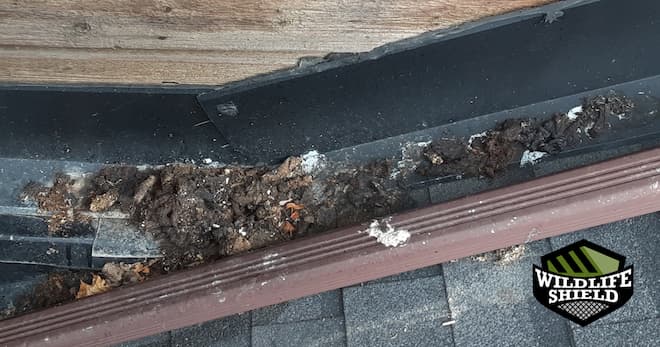Raccoons are often the most mysterious and clever animals we see in cities. Raccoons can be funny and interesting to watch, but their poop is a less well-known problem. Understanding the possible risks of raccoon droppings and taking safe steps to clean them up is important for keeping a safe and healthy place to live.
Making the risks clear:
Raccoon poop, which is often called “scat,” can contain many germs that can make people and pets sick. One of the worst offenders is the raccoon roundworm, which is called Baylisascaris procyonis and can be found in their poop. When tiny roundworm eggs are eaten or breathed in, they can cause major health problems, especially in the nervous system.
Keys to a Safe Cleanup:
When cleaning up raccoon poop, it’s important to be careful. Make sure you have protected gear like disposable gloves, a face mask, and safety goggles before putting on gloves and getting cleaning supplies. During the cleanup process, this armour keeps you from coming into touch with dangerous pathogens.
Air flow and soundproofing:
Choosing the right place to clean is just as important. Choose a place with good air flow to avoid breathing in too many floating particles. If you can, keep pollution from spreading to other parts of your home by isolating the area that needs to be cleaned up. Limiting who can go to the cleanup spot helps keep risks in check.
Reduce the amount of aerosols:
Particles should be spread out as little as possible during the cleaning process. Don’t sweep or vacuum up raccoon poop, because doing so can spread possibly dangerous material into the air. Instead, use a wet mop or paper towels to gently pick up the feces. This will reduce the chance that tiny particles will get into the air.
It’s important to clean:
After removing raccoon poop carefully, the next step is to clean the area well. Use a bleach solution to clean the place where the poop was found. Mix one part bleach with nine parts water. Give the solution at least 5 minutes to work before wiping it clean. This careful cleaning process helps get rid of possible pathogens.
How to Throw It Away:
Once the cleaning is done, make sure that all of the materials used during the process are thrown away in the right way. Put used items like throwaway gloves, cleaning supplies, and anything else in a plastic bag before putting them in a trash can. This keeps dangerous substances from getting into each other and making people sick.
Getting help from a professional:
If there is a lot of raccoon poop to clean up or the risk of getting sick is high, it is best to hire a professional. Pest control pros have the knowledge and tools to clean up in a safe and effective way, making sure that all possible health hazards are gone.
Preventing Problems:
Even though cleaning up raccoon poop is important, the best defence is still protection. To keep raccoons from coming to your property, take steps like locking up trash cans, securing possible entry spots, and removing easy-to-reach food sources. If you stop raccoons from doing things, you are less likely to come across their poop in the first place.
Safety and thoroughness are the most important things to keep in mind when cleaning up raccoon poop. By following the right procedures for cleaning up, putting on safety gear, and using disinfection steps, health risks can be kept at bay. Remember that if you want to live in harmony with wildlife, you have to protect their habitat and look out for your own and your family’s health.
Contact us for more information about our Humane Raccoon Removal Oshawa service.
